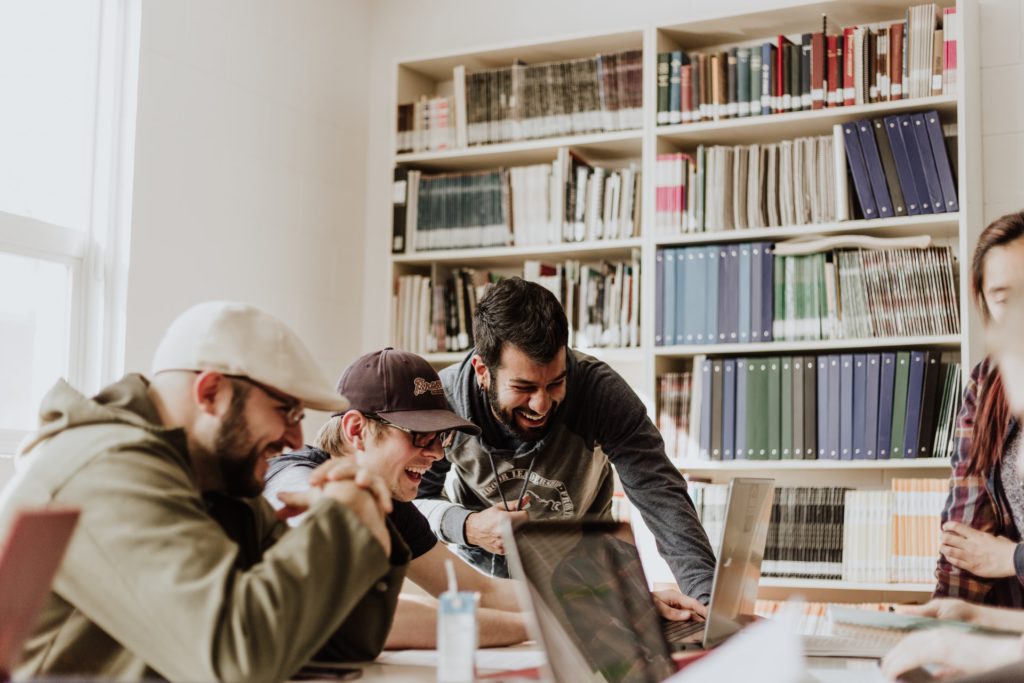To answer the question straight away – education has to be fun!
It’s the only way learning can be effective. Being stressed over a subject, especially if it’s not your area of interest, is sometimes exhausting. We all have different interests and talents but attend the same classes in school. For this reason, teachers have the most difficult task – adjusting to students’ diversity to get their attention and motivate them to learn.
Technology is often overlooked as something that we only use for entertainment (for example, playing video games or using BetMGM Arizona offers for fun), but it can also be used in education. In order to prepare children for the future, schools must be in line with their time – from interactive teaching that uses the latest technology for educational purposes to classroom design. To be effective, education should be a dynamic process that encourages students to become active participants themselves, rather than being passive recipients of knowledge.
When any activity begins with humor, it sets a positive attitude thus making the learning environment positive as well.
Students have different learning preferences, different generations demand different types of education, but engaging students and inspiring them to learn is easier with humor, studies show. If you wish to make education enjoyable, various activities need to be included. If every class has the same pattern, even the most eager students will eventually give up.
Let’s go through a few suggestions you can implement to improve the learning process.

Games
All work and no play makes Jack a dull boy. School days can get long and lessons can get tiring. Games improve classroom management and provide the necessary learning dynamic. Including games in the process of learning will most definitely influence students’ mood and increase their motivation and enthusiasm.
Group work
Group work has so many benefits. Cooperation is an effective method to develop communication and decision-making skills, as well as critical thinking. Team work engages active learning and will keep your students motivated. Group activities need to be carefully planned to fit every student’s needs. The objectives need to be clear, tasks challenging and involving all the participants thus providing a fair division of work.
Practical examples
“When will I ever need this in my life?” It is almost impossible that you have never asked yourself this question during school. It is essential to make what you teach clear and relatable to your students. If they don’t know how to use the knowledge and apply it to a real life situation, learning is a waste of time. The more examples they are given the more understanding of the subject they will gain.
Take a break
In addition to breaks between the lessons, consider having short breaks during the lesson itself. Just a quick reset – bathroom break or stretching your legs. Breaking up your classes will keep the students focused. Also, if there is a lot of theory to cover, make sure to break the class with some activities and exercises.
It is not just what we learn, but also what we retain which is directly determined by our learning experience. If the learning experience is compelling, students will be motivated to come back for more.
